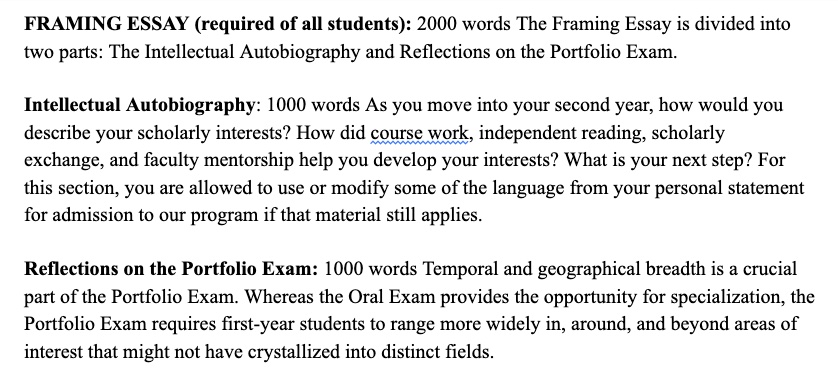Welcome to Day 1 of our book groups. Thanks to Kevin, Ashley, Luis, Yingrong, Spencer, and Zoe for posting your initial replies to the first section of our books. (Those named above posted by around 9:00, which is usually when I log on for class and prepare these posts for publishing.)
A few bits of business, about a) blog posts and book clubs, b) the impact of this work on your grading contracts, c) Essay 2 (which I’ve finished reading and commenting on), and d) where we’re going with Essay 3.
Those of you who have arrived in class prepared and with your work complete, you’ll work in pairs and then threes to discuss the reading. I’d suggest you start out by sharing what you posted in the blog. It’s OK to have started with summary but the best discussions will move quickly to responses. These responses will be based in the books.
What I’d like these discussion to yield is: a) 2-3 passages from your book that you might be interested in talking about more with others; b) 1-2 “big questions” from the section of the book you read for today. Again, this will drive your conversation in bigger breakouts.
Blog Posts for Book Clubs
For easy reference, here’s a blog post requirement review
- You’ll write one post per week to our course blog (due Tuesdays by 9:30am)
- It should have a title, tags, a quote from the text, an image or a link out, and citations
- It should engage the reading and be between 200 and 350 words (2-3 paragraphs).
- You’ll also reply to the people in your groups (due Thursdays by 9:30am)
- These should be thoughtful comments that engage the writer and their ideas
- They should be 1-2 paragraphs, and should summarize what the writer has said before you respond with your own ideas — this is sometimes called the “known-new” contract
Incomplete Work & Grading Contracts
If you didn’t complete your assignment, a) I will mark it as late, and b) you’ll need to spend some time in class completing it. There will be breakout rooms for this. Please go to the room that corresponds to the book you’ve decided to read. Work turned in later than today’s class will be marked “make-up” and, eventually, “ignored.” Please review our grading contract to recall how this can affect your semester grades.
Essay 2 Comments & Required Revisions
You should check your preferred email address (whatever you indicated that was during the submission of Essay 1). I have sent feedback to everyone who turned in Essay 2. These were, generally, pretty good. A few were really excellent and we’ll look at them with the writer’s permission. Some need a small amount of revision, with the most common reason being either a missing reference to the peer-reviewed reading or a lack of a works cited page. Both are easily fixable. In a few cases there was a bigger issue; if that’s your situation talk to me after class this week.
Essay 3 Topics
While the specific prompts won’t be available until next Monday, after we’ve gotten underway with book clubs, I can say with some certainty the general topic choices you’ll have for this essay. We’re returning to a more traditional format, in this case a 1,000-1,500 word essay. Your choices of topic will be as follows:
- The Research Option: Using library sources from CCNY’s Cohen Library or the NYPL, pose a research question about a social issue that emerges from your reading and discussion of your book. Your essay should define that issue and give it some background using at least two peer-reviewed sources. That background should explain where your book enters into a larger conversation about that issue. And your essay should explore the way that issue shapes the experiences of the writer of this book. Examples abound but could include: immigration; identity; sexuality; gender; race; education; place; family; disability. And many more!
2. The “Struggle” Option: As we articulated the reasons we were choosing these books, many writers described an interest in the “struggles” these writers “overcame” along the way to becoming “successful.” If you pick this option, you’ll engage that idea of a “struggle” story (sometimes also called a “deficit narrative”). In what ways do these stories resist that trope? In what ways do they reinforce it? Were these stories “inspiring”, “depressing” or something in between? How do these terms help us as readers, and how is that a binary that limits our interpretations?
3. The Fly-on-the-Wall Option: Drawing on Alvarez-Alvarez and (to a lesser extent) P & E as models, observe your own group and at least one other group. Use social science research/data gathering skills like interviews and surveys to make an argument about the benefits and limits of book clubs in a pandemic-influenced college class.
4. The You-Tell-Me Option. Think up your own topic and pitch it to me by Nov 4.
See you in a few.





